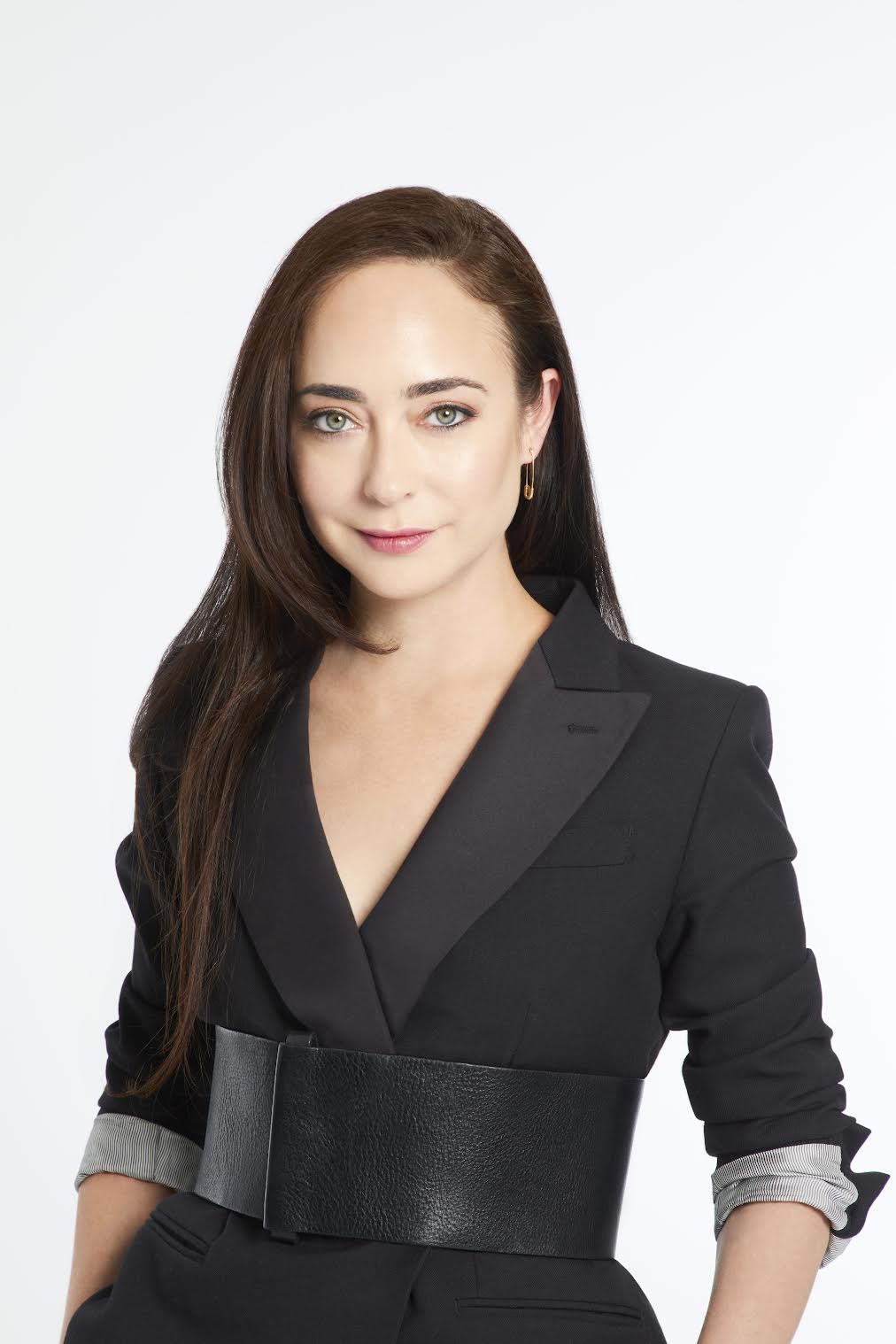Changemakers 2022: More Than Skin Deep
The beauty industry has drastically evolved. This year’s honorees helped move it forward.
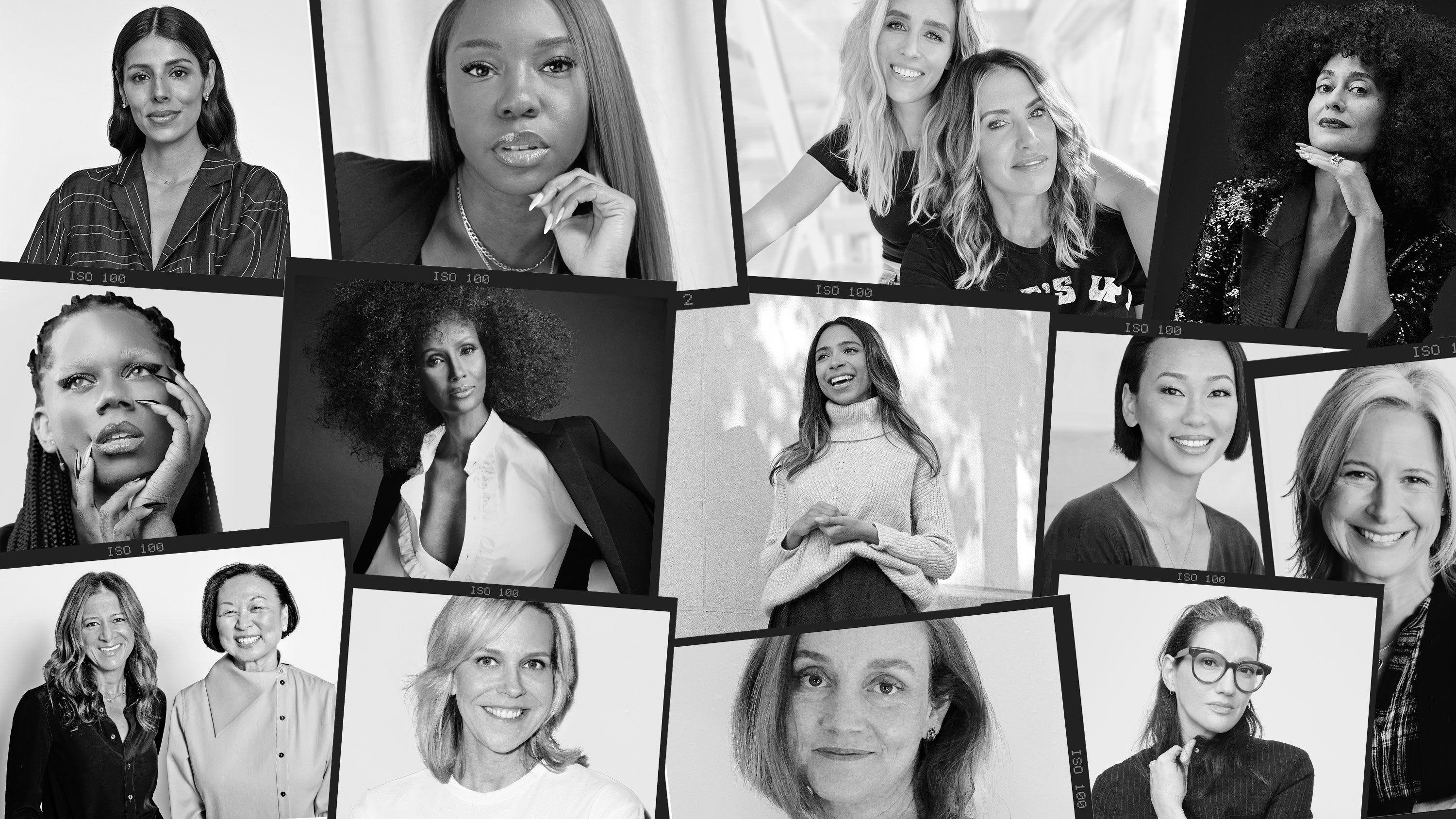
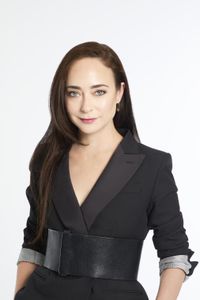
Beauty standards have existed since humans began documenting words and making art. They tend to shift within every era and generation, sometimes dramatically so. Still, America has been in a kind of aesthetic stalemate for far too long: For boomers and even Gen X, the paragon was decidedly femme, and “she” looked like Marilyn Monroe or, later, Christie Brinkley, then, say, Britney Spears—all blue-eyed, blonde, and “perfectly” proportioned. Few could personally relate. From a business standpoint, the modern-day concepts of sustainability and giving back were inconvenient to the bottom line and definitely not a thing.
Today’s target consumers—millennials and Gen Z—are demanding more from the brands they add to their beauty bag—more inclusivity, diversity, eco-consciousness, and philanthropy, which has radically altered the landscape. Direct-to-consumer and smaller-chain retailers have rejected traditional ideas and unearthed democracy; old-school monoliths are also hearing the collective roar and implementing practices that challenge the status quo.
Here, we celebrate some of the women and non-binary people that have literally changed the game, creating a beauty world with a much brighter—and more inclusive and innovative—future.
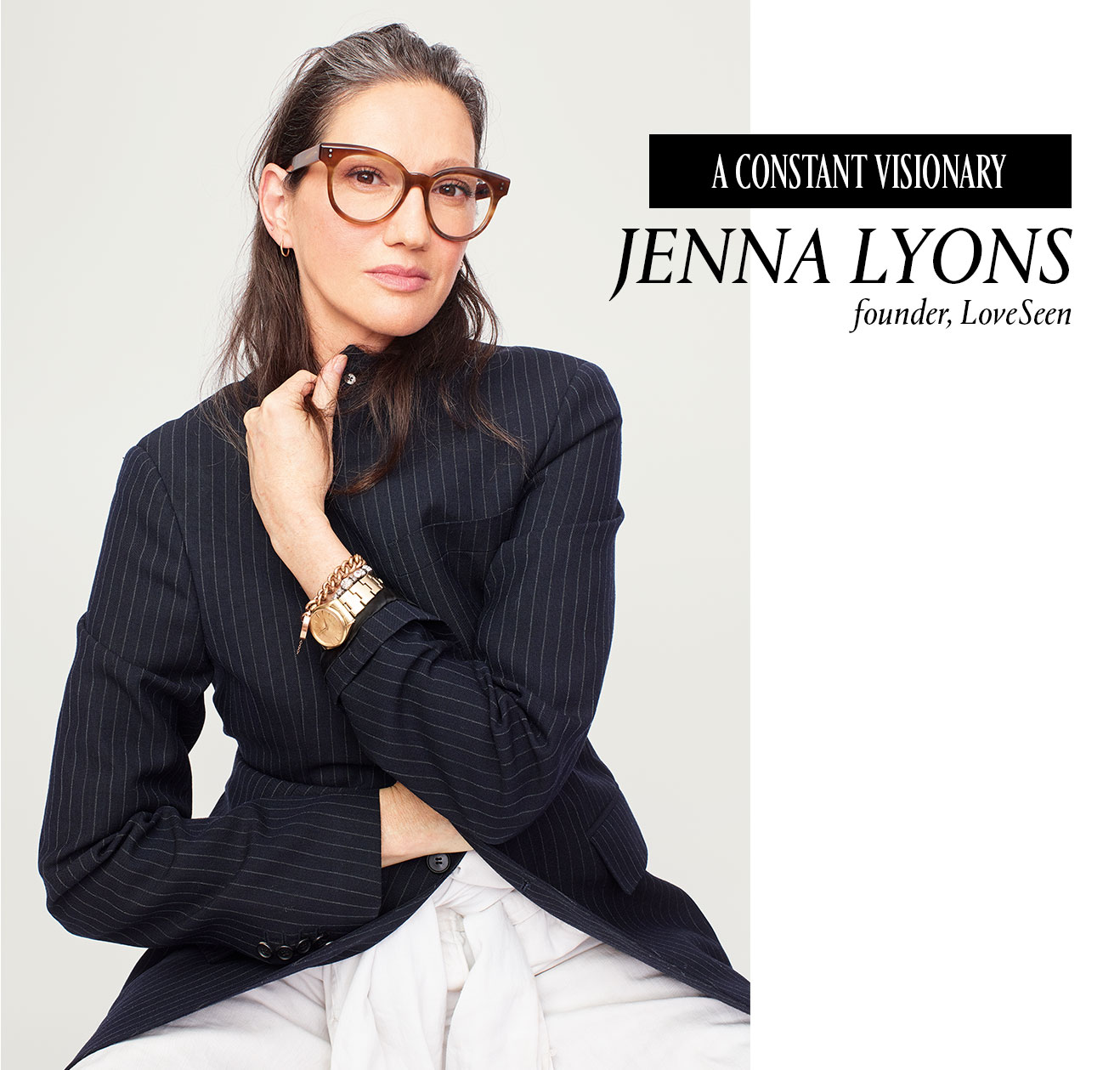
No stranger to changemaking, Lyons became famous for revolutionizing the American fashion scene during her 26-year stint at J.Crew. But after her exit, some were surprised that the iconic creative turned not to another label, but pivoted to establishing a beauty brand. Partly inspired by incontinentia pigmenti, a condition that caused her to lose most of her eyelashes, Lyons launched lash company LoveSeen in September 2020.
When reflecting on the differences between the two industries, she says, “What’s amazing about the beauty industry is that—unlike fashion, where you have to really identify with the style of the brand and feel good with their logo—no one cares or knows what lipstick you are wearing. [Is it] Chanel or L’Oréal? Someone who loves bohemian dresses can wear the same lipstick as someone who rocks a SKIMS ensemble.”
While falsies have been around for ages, LoveSeen, which features options like the “believable” Cate ($22)—more boardroom than boudoir—stands out for its emphasis on utilitarian design and eco-friendly packaging (their lash trays are crafted from sugar cane pulp). “There was a pivotal moment when we visited our factory and walked through the ‘lash tray’ production area”—a football-sized arena filled with plastic—“it was heartbreaking,” says Lyons. “It was clear that we could not add our names to the list and insisted on a better option.”
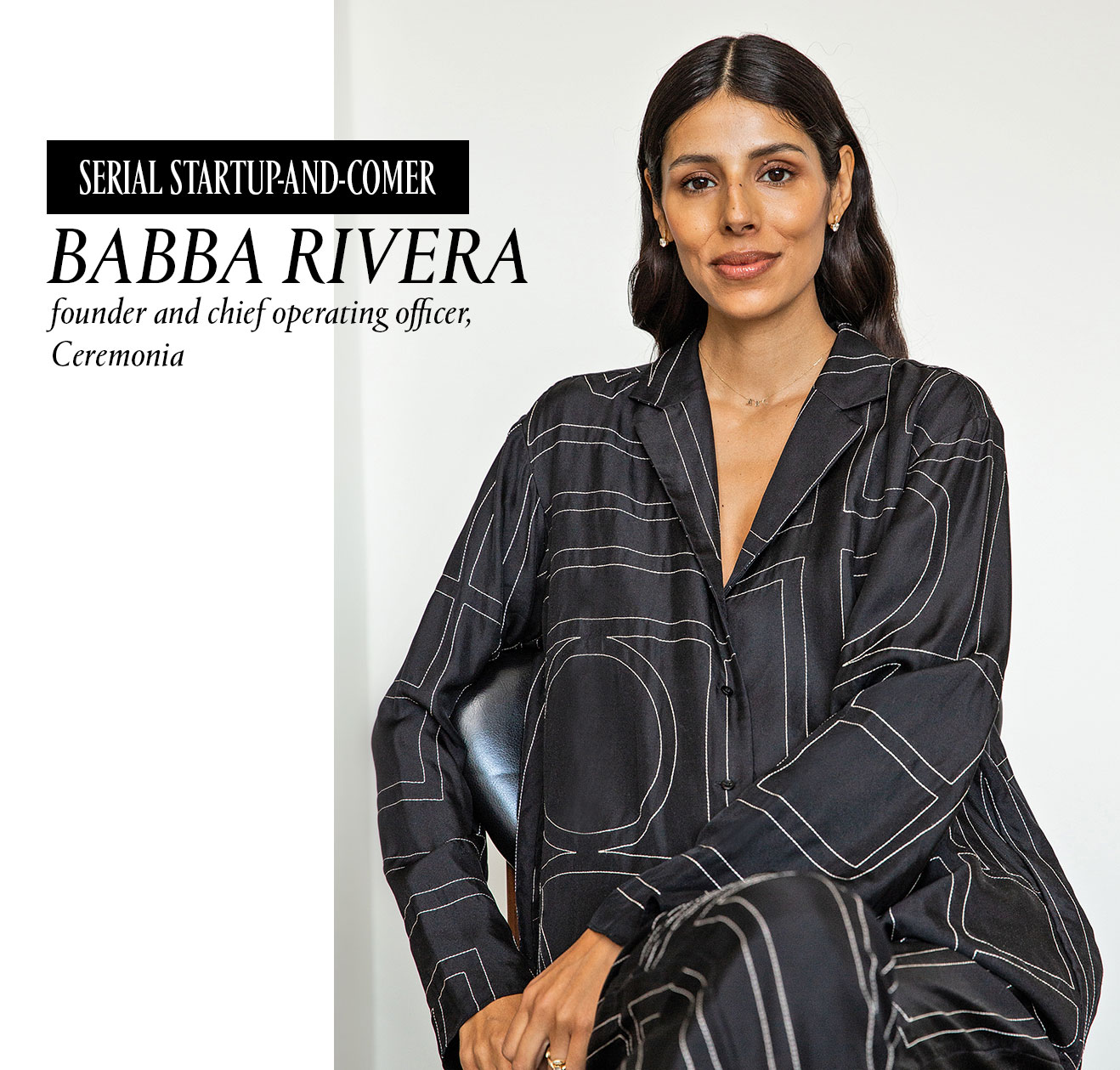
Despite the fact that America’s Hispanic and Latinx population hovers near 20 percent, the group remains egregiously under-served in the marketplace. Rivera sought to close the gap: The median age [of the Hispanic population] is about 30, she explains. In addition, “the Hispanic demographic spends 46 percent more on hair care products than non-Hispanics, yet where are the modern brands authentically representing and speaking to this demographic?” Rivera leveraged her experience in tech (at Uber and Away) to address what she wagered was a major opportunity in the marketplace. In doing so, she joined the ranks of just 58 Latina founders who have raised more than a million dollars in venture funding.
Get exclusive access to fashion and beauty trends, hot-off-the-press celebrity news, and more.
Her creation, Ceremonia, is a clean haircare line that celebrates Latinx culture in its many diverse forms. Ingredients like Mexican chia seed oil and Guatemalan aloe vera are curated and chosen not just for their efficacy, but also for their cultural importance. Best sellers include Papaya Scalp Scrub ($25), and Mascarilla de Babassu ($25), a deep-conditioning hair mask.
“My culture inspires me in so many ways… from the vibrant colors, the ingredients, the art, the music—not to mention the intersectionality that is at the core of the Latinx culture,” says Rivera. “Within Latinx culture you’ll find so many versions of us, from Afro Latinx, to blondes, to redheads, to straight-haired, to curly-haired Latinx folks. We come in many shapes and colors, and it’s time the world gets to see that.”
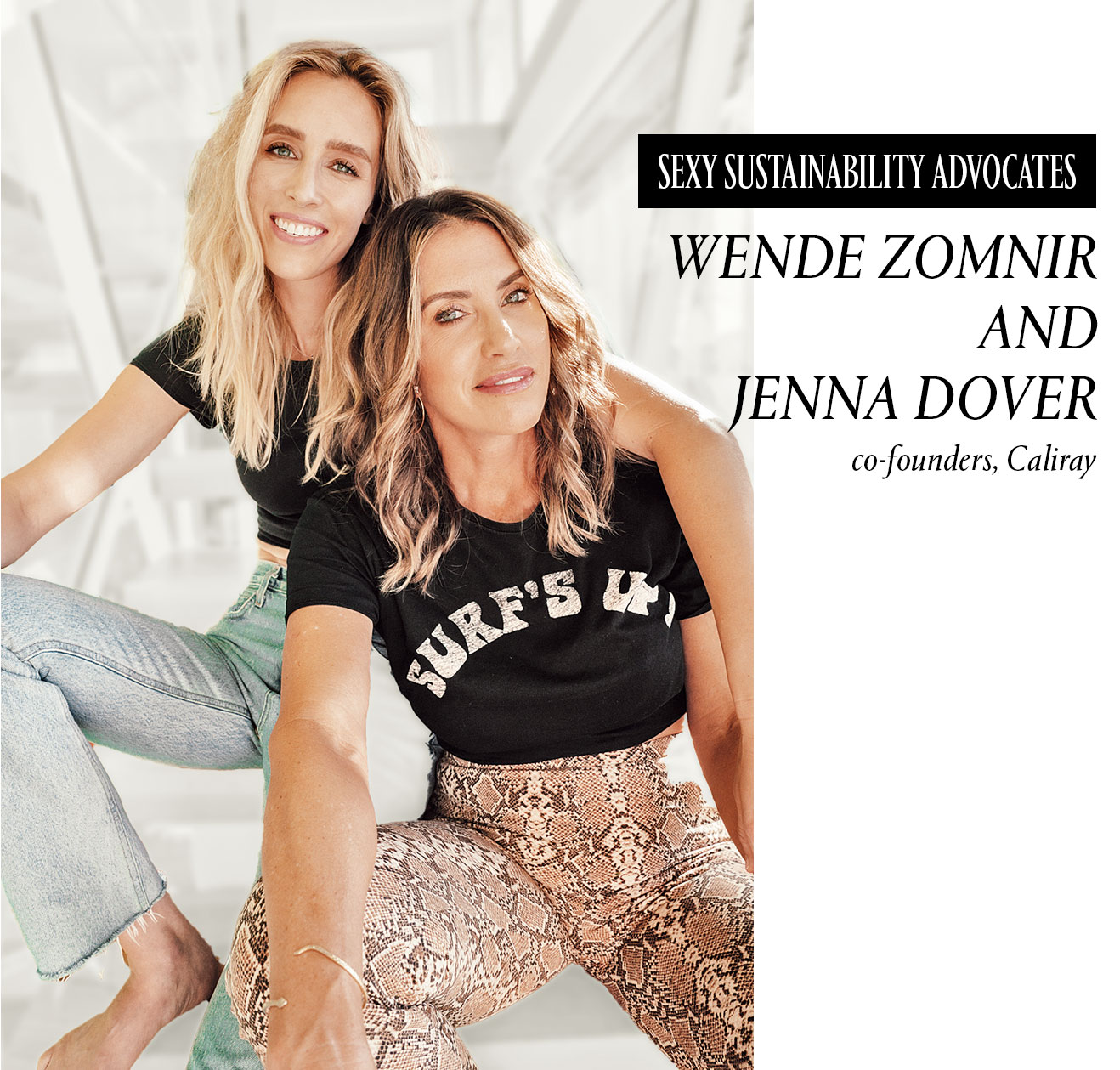
It was love at first sight when Zomnir—who changed the makeup marketing game when she launched irreverent Urban Decay back in 1996—met Dover during a volleyball match in Newport Beach, CA. “We loved talking about business, beauty, wellness, and our shared love of the non-stop ‘Taco Tuesday’ energy we found as transplants to the west coast,” says Zomnir. “Lots of brainstorming sessions on the beach led to the idea for a clean and sustainable makeup brand that was just the right amount of wrong.”
By “wrong,” Zomnir is referring to the cheekiness Urban fans lapped up, served here as a “dreamy wellness lifestyle” brand with a decidedly 2022 focus on the environment. As the concept for Caliray began to take form, the two were out surfing together, “spotting both dolphins and trash in the ocean, and we knew that creating this brand with a strong focus on sustainability was the only way to go,” Zomnir explains. The line, which currently includes a clean and water-resistant mascara, Come Hell or High Water ($24), and Freedreaming ($39), a super-lightweight blurring face tint, among other offerings, features products and packaging that utilize post-consumer recycled materials, sugarcane-based bioplastics (vs. petroleum-based), algae and vegetable inks, and a partnership with Pact Collective, a non-profit recycling program.
As business partners, Dover’s MBA is a complement to Zomnir’s “been-there, done-that industry knowledge. I think we are each other’s muses,” says Zomnir. Sounds like a match made in beauty heaven.
More From the Beauty Issue
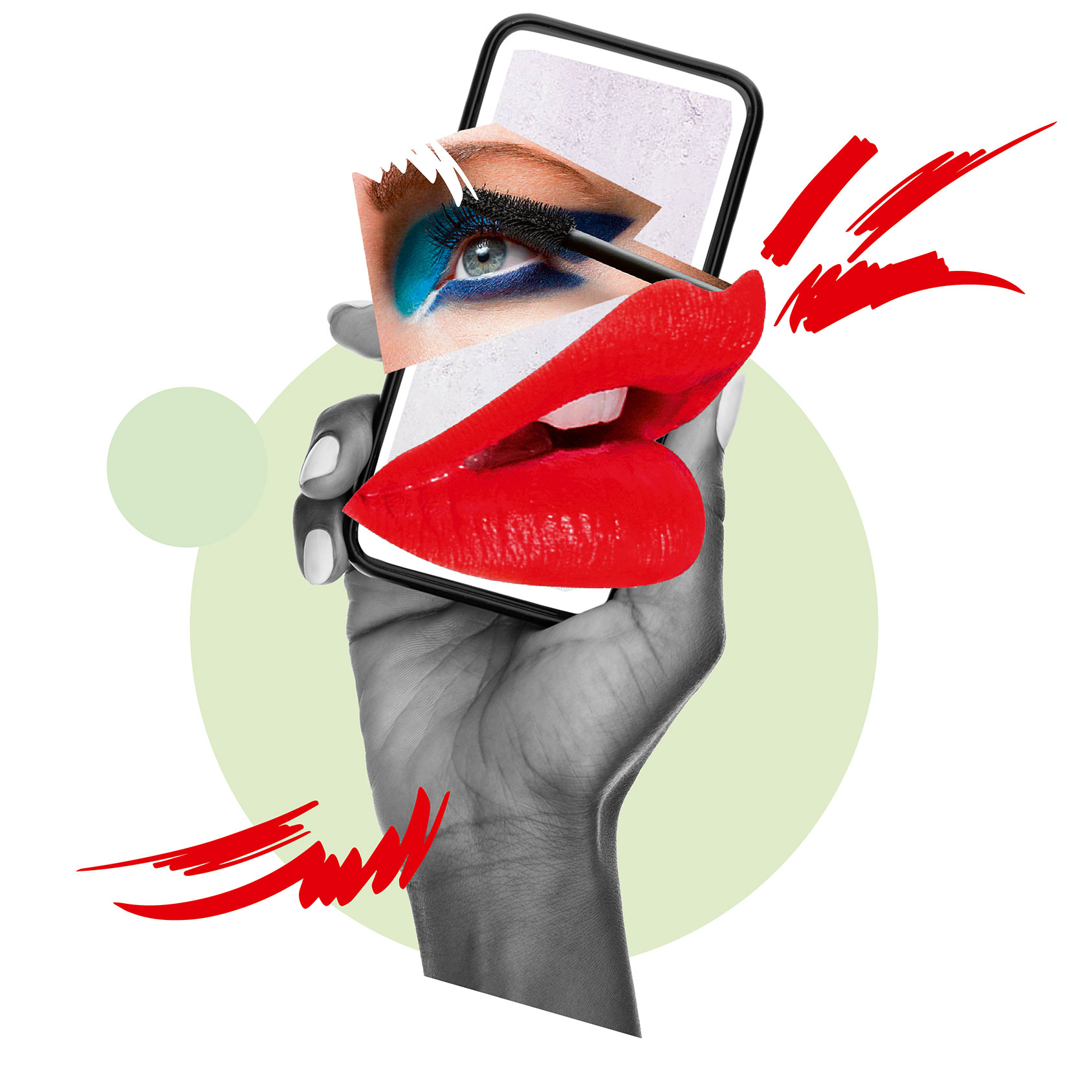
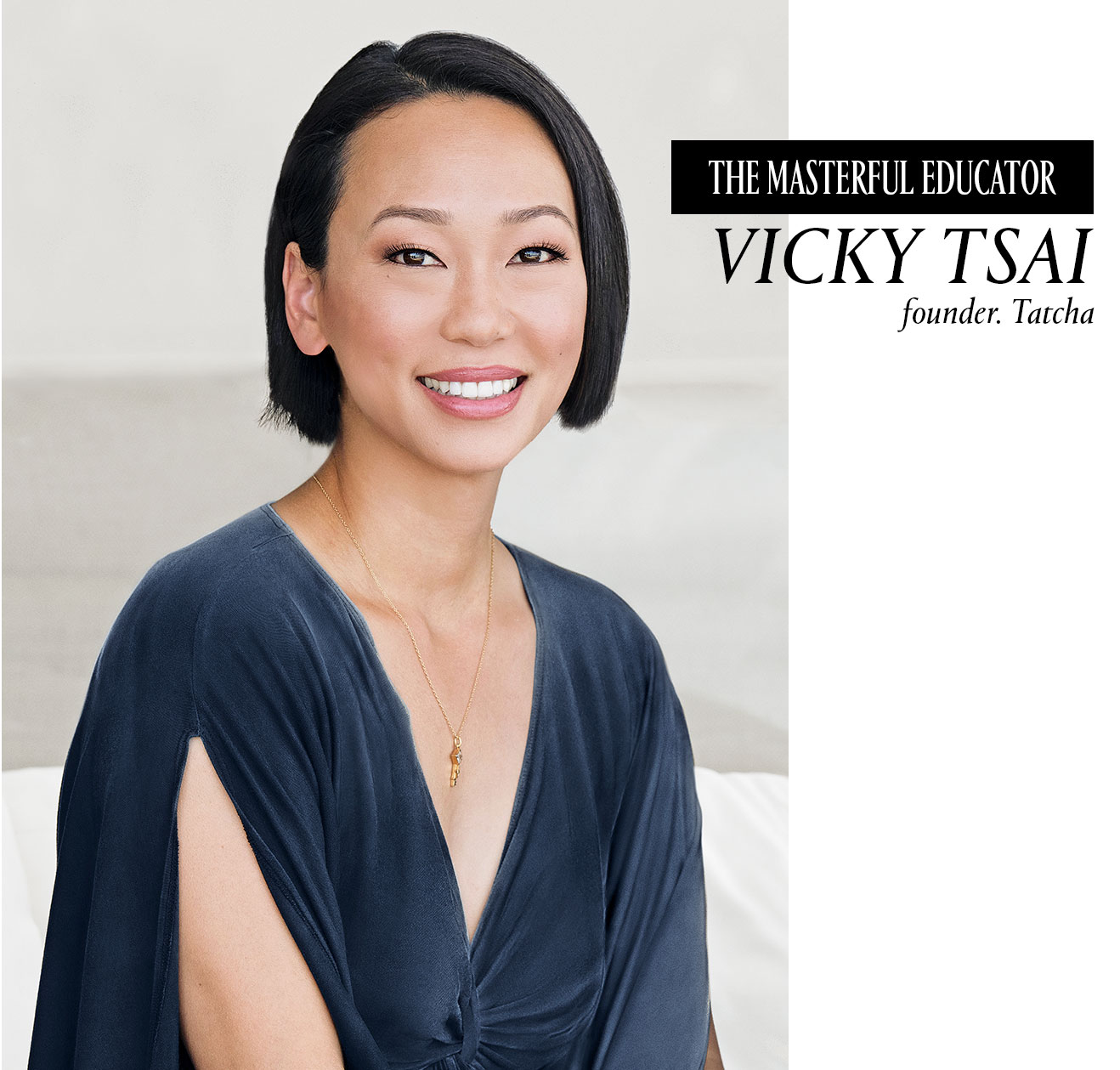
Many are aware that Tatcha—the line inspired by ancient Japanese beauty rituals—has gone from startup mode to major player in the luxury skincare world. But what some may not know is that Tsai has been quietly working in the background making real change in the global literacy department.
In 2014, Tatcha created the “Beautiful Faces, Beautiful Futures” fund to help girls stay in school through the Girl’s Education Program in Asia and Africa. “At Tatcha, we have always believed that beauty begins in the heart and the mind, and our social impact work is how we put our money where our mouth is,” says Tsai. “When you educate a generation of girls, they can lift their entire community out of poverty in just two generations, because educated girls become educated mothers, who have educated children.”
When the COVID-19 pandemic “laid bare the deep inequities and urgent need to create meaningful, lasting change here,” Tsai commissioned a 2020 study with Room to Read to understand the educational inadequacies American children face. It prompted Tatcha’s customers to fund the publishing and distribution of more than 190,000 diverse children’s books. Thanks to Tsai’s efforts, thousands of kids will be more well-read.
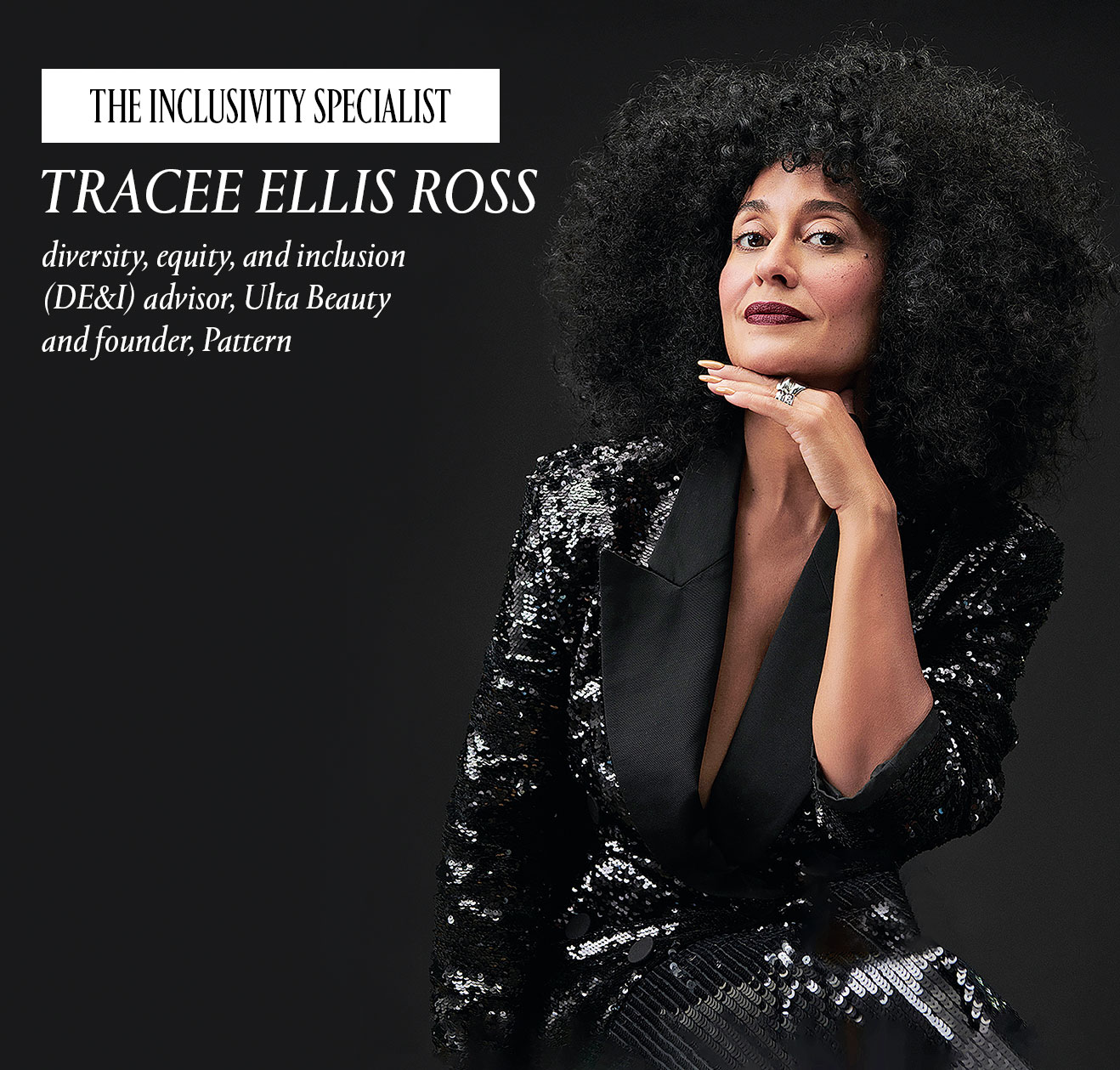
Ellis Ross bonded with Ulta Beauty’s executive leadership when she selected the retailer as the first partner for her haircare line, Pattern, back in 2018. “I remember telling [them] that Black brands can’t just settle for the space on the shelf,” she says. “We need to see the diversity that exists in the world reflected across organizations in executive leadership and middle managers.”
Today, the partnership has resulted in real and tangible change. Ulta recently announced plans to double its investment in DE&I for 2022, with a $50 million investment broadly and an $8.5 million commitment to brand-marketing support for Black-owned, -founded, and -led brands within the company’s assortment, which represents a substantial impact on the beauty industry at large.
“Personally, I don’t see DE&I as solely a retail issue, but as a societal issue,” Ellis Ross explains. “This work is not about sales, it’s about the love of humanity, social justice, and achieving equity across the board. Yes, retail is competitive, but the point of DE&I is changing society and actually creating fundamental change. And to me, that is powerful.”
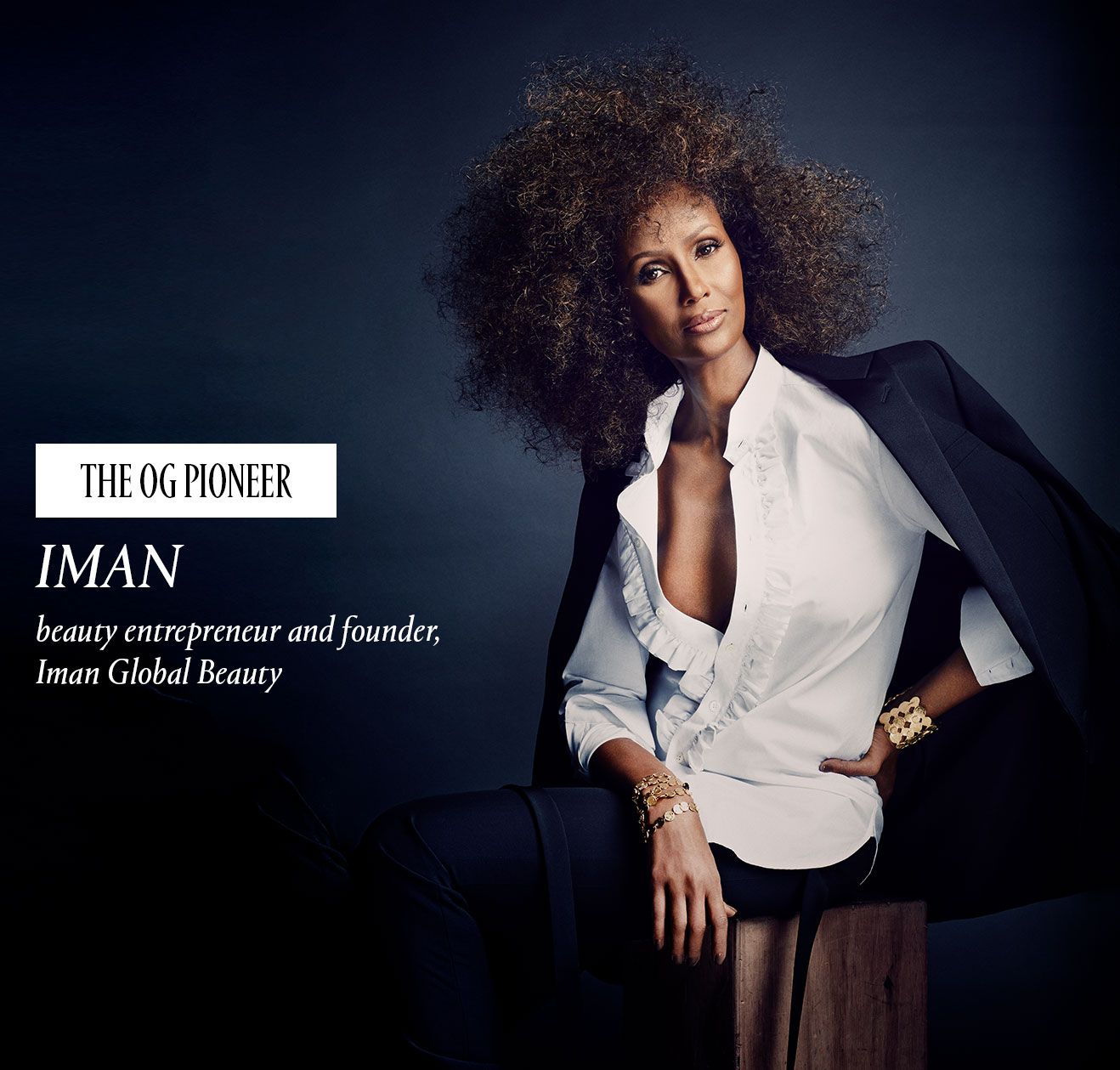
While Rihanna’s “Fenty effect” gets a lot of credit for bringing more diversity to the modern-day makeup palette, long before the singer was born, the supermodel, philanthropist, and beauty icon that is Iman was frustrated enough with the lack of makeup shades available for people of color to take matters into her own hands. At Iman’s first photo shoot, the makeup artist botched her foundation because he lacked the appropriate shade; luckily, the photographs were shot in black and white, but Iman never showed up to set again without her own self-mixed foundation. Experiences like this planted the seed for Iman Cosmetics, which launched in 1994 with a then-groundbreaking 16 foundation shades.
“In the beauty and fashion world, our image is our currency. I wanted to take control of that,” says Iman, reflecting on her inspiration. “I was not as interested in ethnicity as much as the spectrum of colors that people come in.” This spirit of innovation continues today; in November 2021 the star launched her first fragrance, “Love Memoir” ($85), which is a luxurious and heartfelt homage to her epic love affair with her late husband, David Bowie. She’s also been busy developing forthcoming projects under her new line, Iman Global Beauty, that she promises to share with fans soon. Once a trailblazer, always a trailblazer.
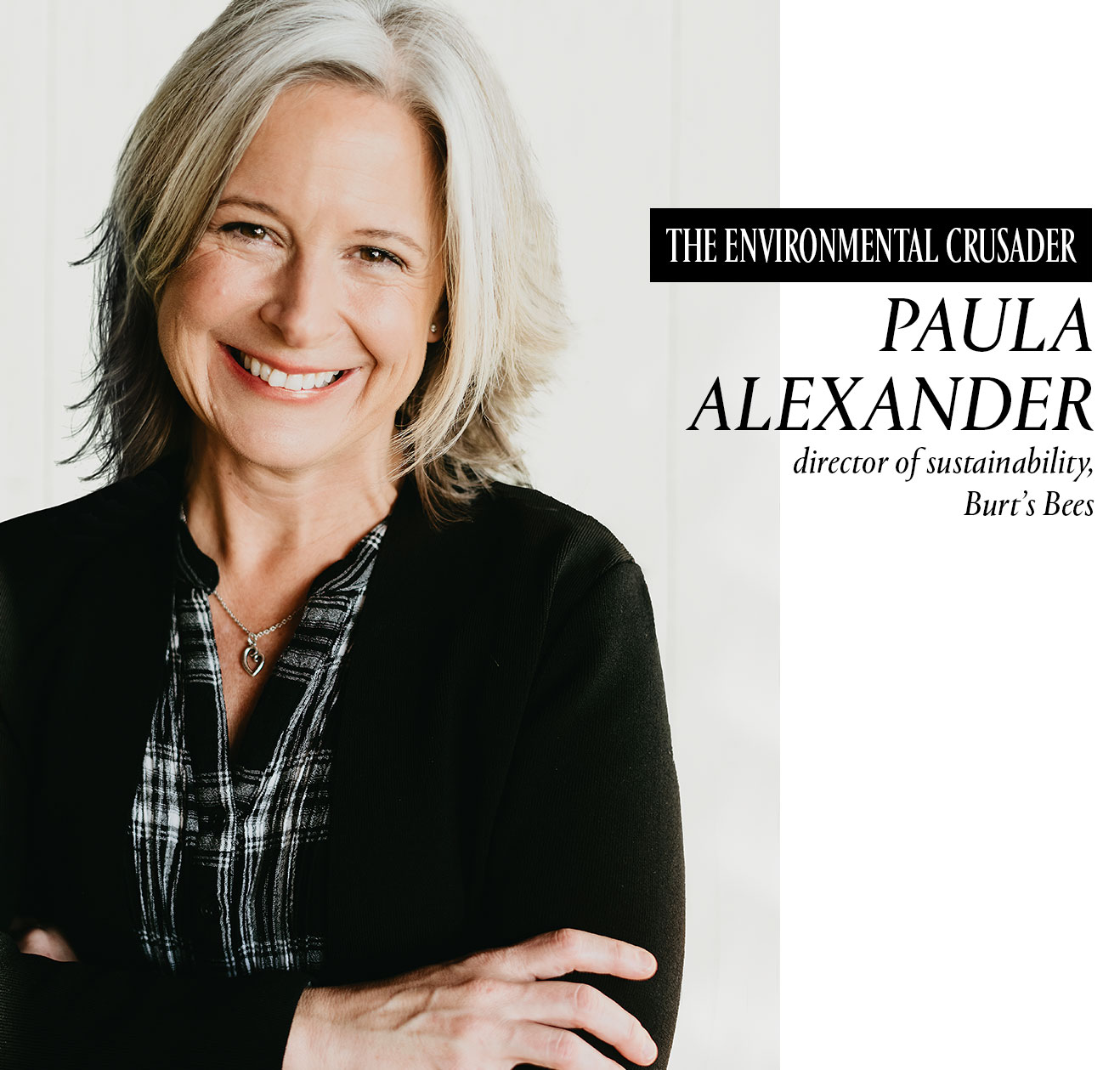
Burt’s Bees has a long legacy of changemaking. The beeswax-based, small business-turned-global powerhouse practiced Earth-friendly values long before such ethics became de rigueur for personal care brands.
As they’ve exponentially expanded offerings from the original Beeswax Lip Balm ($4), to a dizzying array of makeup and grooming products, the commitment to responsible sourcing, environmental impact, and recycling falls squarely on the shoulders of Alexander, who has proved that sustainability and commerce can coexist. Under her stewardship, Burt’s has been able to tick off serious green boxes, like being Leaping Bunny and CarbonNeutral® certified, using 100 percent recyclable packaging, establishing a responsible sourcing program, and founding The Burt’s Bees Foundation, which supports honeybee health and biodiversity: to date, it has given $4.6 million in grants. It really is all about the bees. The company has planted—we’ll just say it—a buzz-worthy 15 billion wildflower seeds to support pollinator forage. Smells like success.
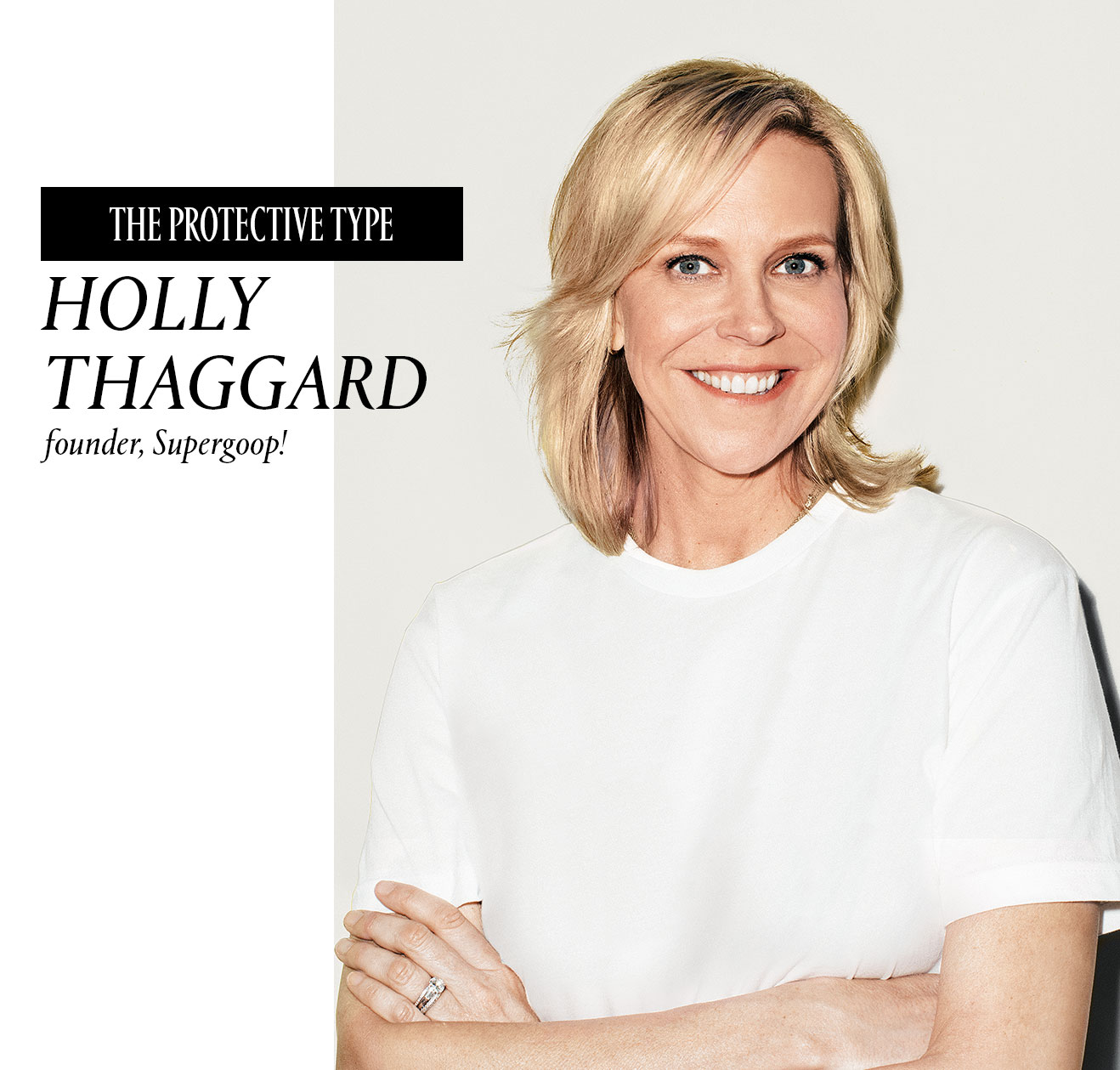
Despite the fact that dermatologists swear that SPF is the most important skin-preserving and cancer-preventing product of them all, sunscreen has largely remained the sleepiest of beauty categories. Suncare brand Supergoop!, however, has radically shifted the landscape with extremely innovative TikTok hits that range from Shimmershade SPF 30 ($24), the world’s first mousse-like SPF eyeshadow, and Daily Dose ($46), an elegant sunscreen in a hydrating oil form.
“We continue to redefine how, when, and where SPF is used by introducing first-to-market, innovative formats that go where no SPF has gone before,” says Thaggard, who remarks that she is partly able to accomplish these game-changing feats thanks to Sofia Gracia, the company’s vice president, product development (who was also employee number-one when the company launched 15 years ago). Making sunscreen appealing is no easy feat, with each innovation requiring a unique approach to formulation. Thaggard adds: “She truly [helps] me make my SPF dreams a reality!”
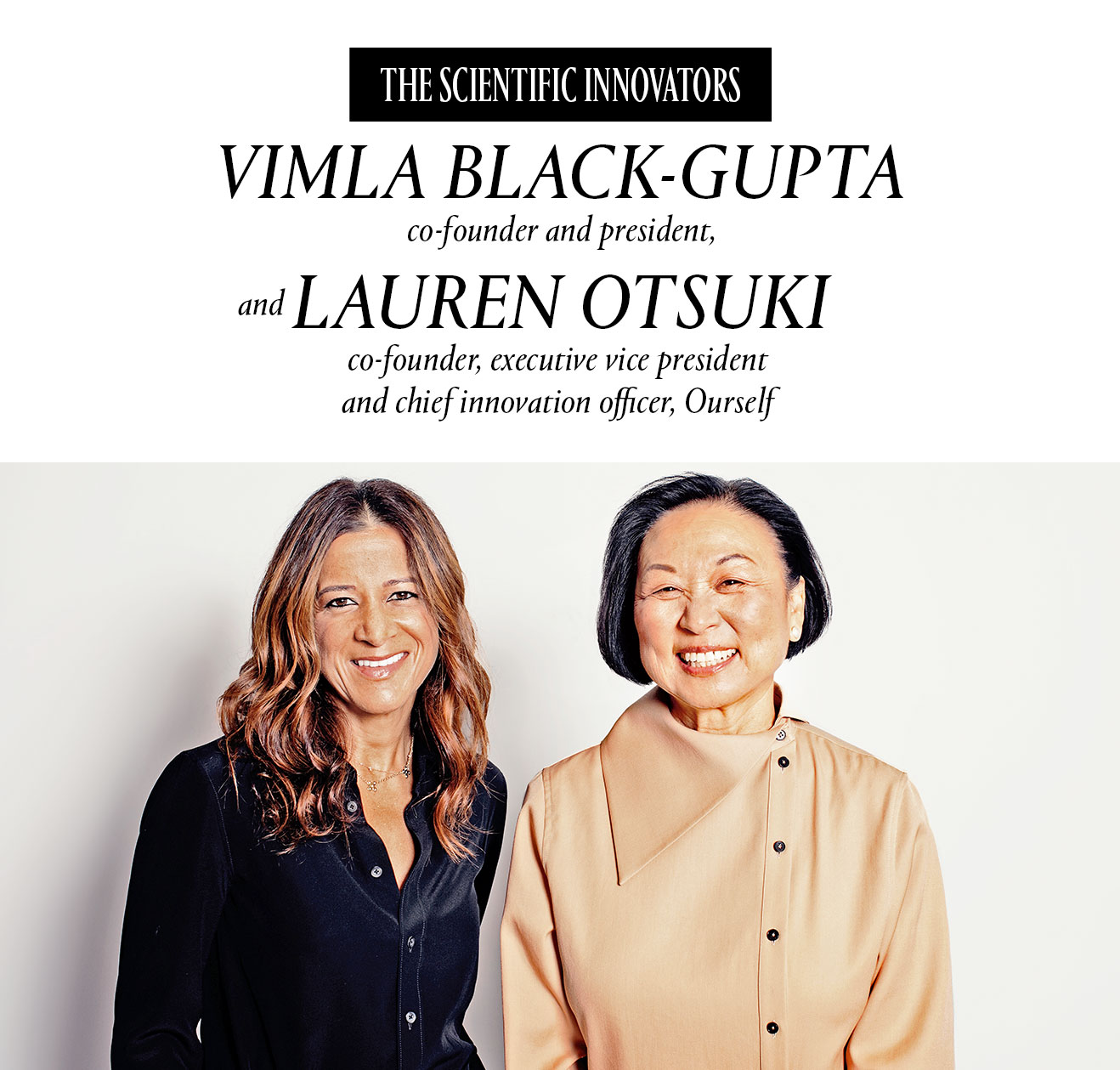
During an age when plastic surgery backlash has hit fever pitch, the three-month-old skincare brand Ourself makes a groundbreaking promise: “Clinical-level results, without the clinic.” They offer a series of first-to-market topical alternatives to needles and lasers, like their patent-pending Lip Filler ($145), which utilizes new innovations in the form of a “multiphasic vesicle” delivery system to transport ingredients like hyaluronic acid subcutaneously. (According to the brand’s clinical studies and numerous social media testimonials, it really plumps lips.)
Leveraging Otsuki’s extensive experience in biotech (she founded Dexcom and Alastin Skincare, among others) and Black-Gupta’s serious marketing chops (she was CMO at Equinox), the two—along with cofounder Scott Glenn—seek to revolutionize the landscape. “As soon as I met [Lauren], I knew we were going to change the world,” says Black-Gupta. “This technology will really, truly disrupt the beauty industry and create an entirely new category in skincare that bridges the gap between traditional topicals and more invasive procedures,” Black-Gupta enthuses. Next up? A topical neuromodulator that promises to mimic the effects of Botox. And the beauty world stood still.
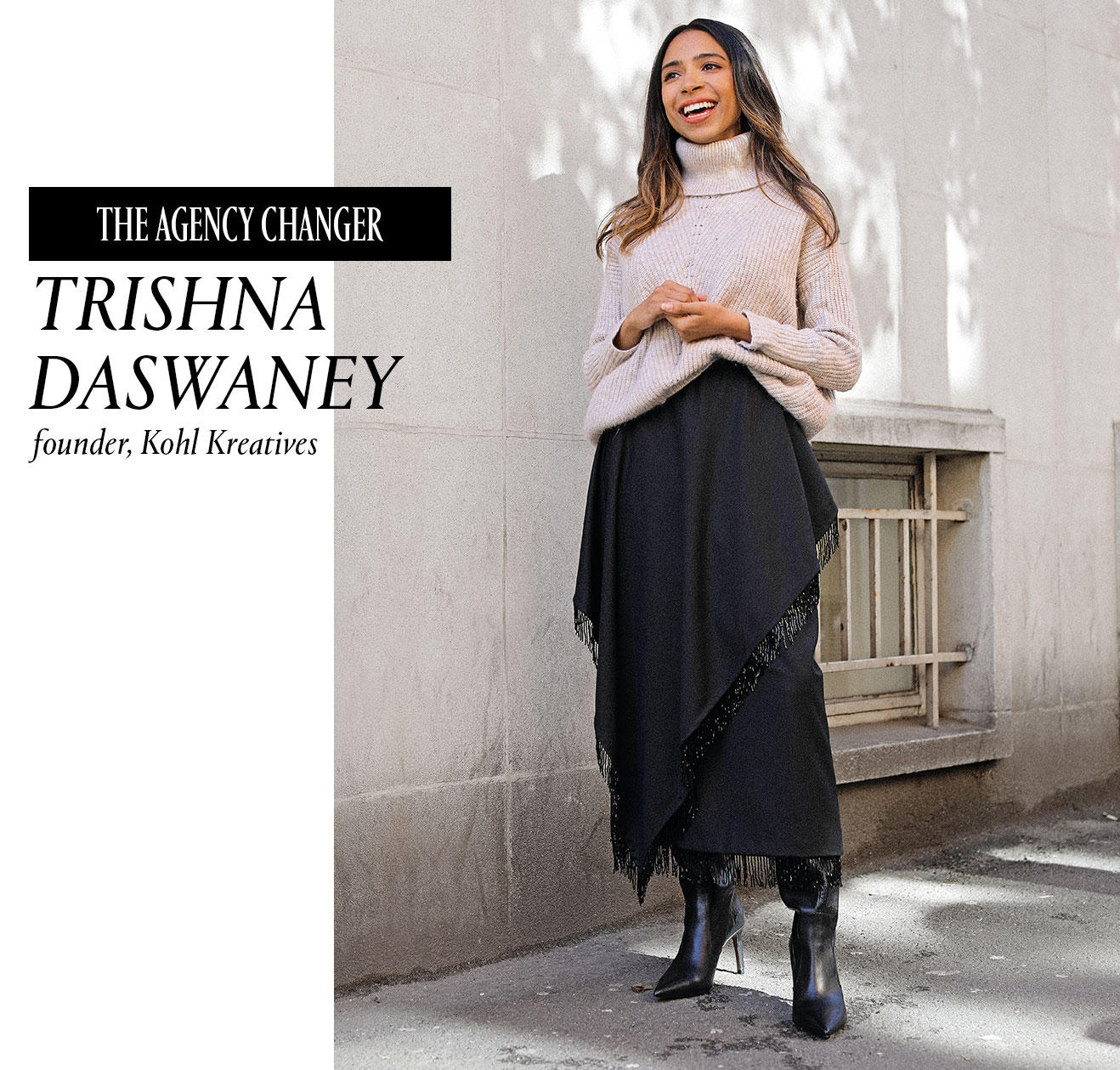
With buzzwords like “inclusivity” and “diversity” ricocheting through today’s beauty industry, Daswaney had a vision to look beyond race and sex and focus on a still more underserved community. Her company is best known for developing “accessible cosmetics” for those with disabilities and individuals with conditions such as alopecia and vitiligo. For example, The Flex Collection ($60), features a set of makeup brushes ergonomically designed for folks with motor disabilities. Additionally, the brand places a heavy emphasis on philanthropy and education, offering audio guides on product usage and providing regular free online workshops and tutorials.
“It may seem trivial, but in my world, makeup really did make a big difference,” says Daswaney. “And I only imagined how this could have impacted someone else that also had struggles with their appearance, either due to cancer, or limb difference, perhaps alopecia or maybe even gender transition.” To her, the heart of the brand is simple: “I made a commitment to ensure that everyone could achieve some form of support where they could teach themselves how to use makeup to empower themselves, too.”
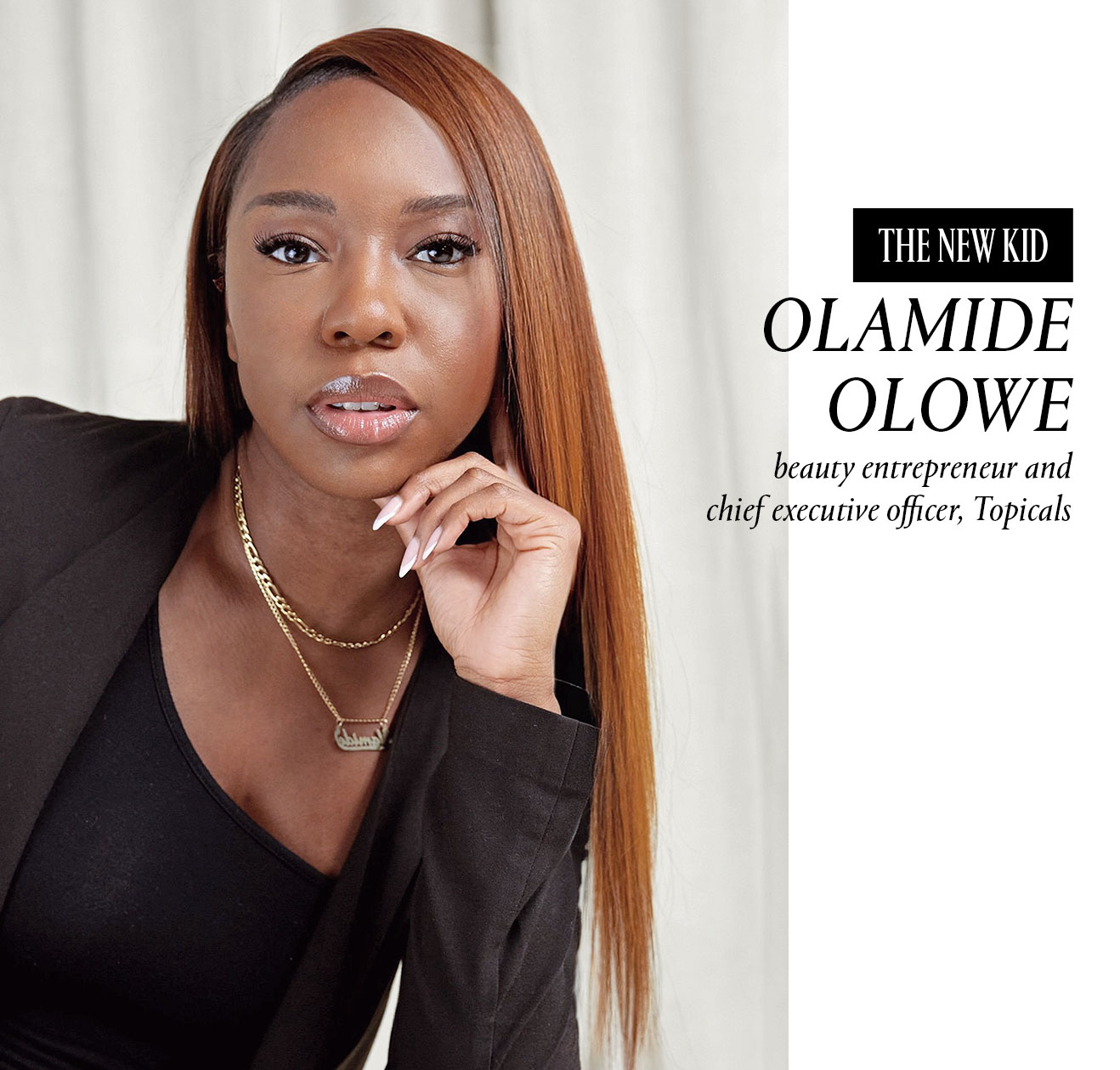
She may be young, but don’t call her inexperienced. At just 19, Olowe cofounded SheaGIRL in partnership with SheaMoisture, now owned by personal-care giant Unilever. Most recently, Olowe cofounded Topicals, a skincare company with looks and brains—mental-health advocacy is a corporate mission—and the message was not lost on consumers: When the line launched at Sephora in March 2021, it sold out in 48 hours.
“My age and naivety have allowed me to make uninhibited decisions about creating products and experiences for our community,” says Olowe, now 25. “On the other hand, because of my [youth] people have tried to write me off or undermine my vision.” She’s persevered, however. According to her LinkedIn profile, she is the youngest Black woman to raise 1 million dollars in funding, having pulled together a cool $2.6 million in August 2020.
The result: products that combine rigorous, peer-reviewed and clinical study–backed efficacy with a fresh look that seeks to make traditionally unsexy grooming issues a lot more fun. There’s High Roller ($26), an ingrown hair tonic, and Faded ($38), a remedy for hyperpigmentation and acne scarring. So far, the brand has donated more than $50,000 to help support mental-health organizations like Therapy for Black Girls and The Jed Foundation. Children and adolescents with the chronic skin condition atopic dermatitis are two-to-six times more likely to experience depression and anxiety, Olowe says. “We wanted Topicals to be a holistic brand that cared about inner and outer beauty.”
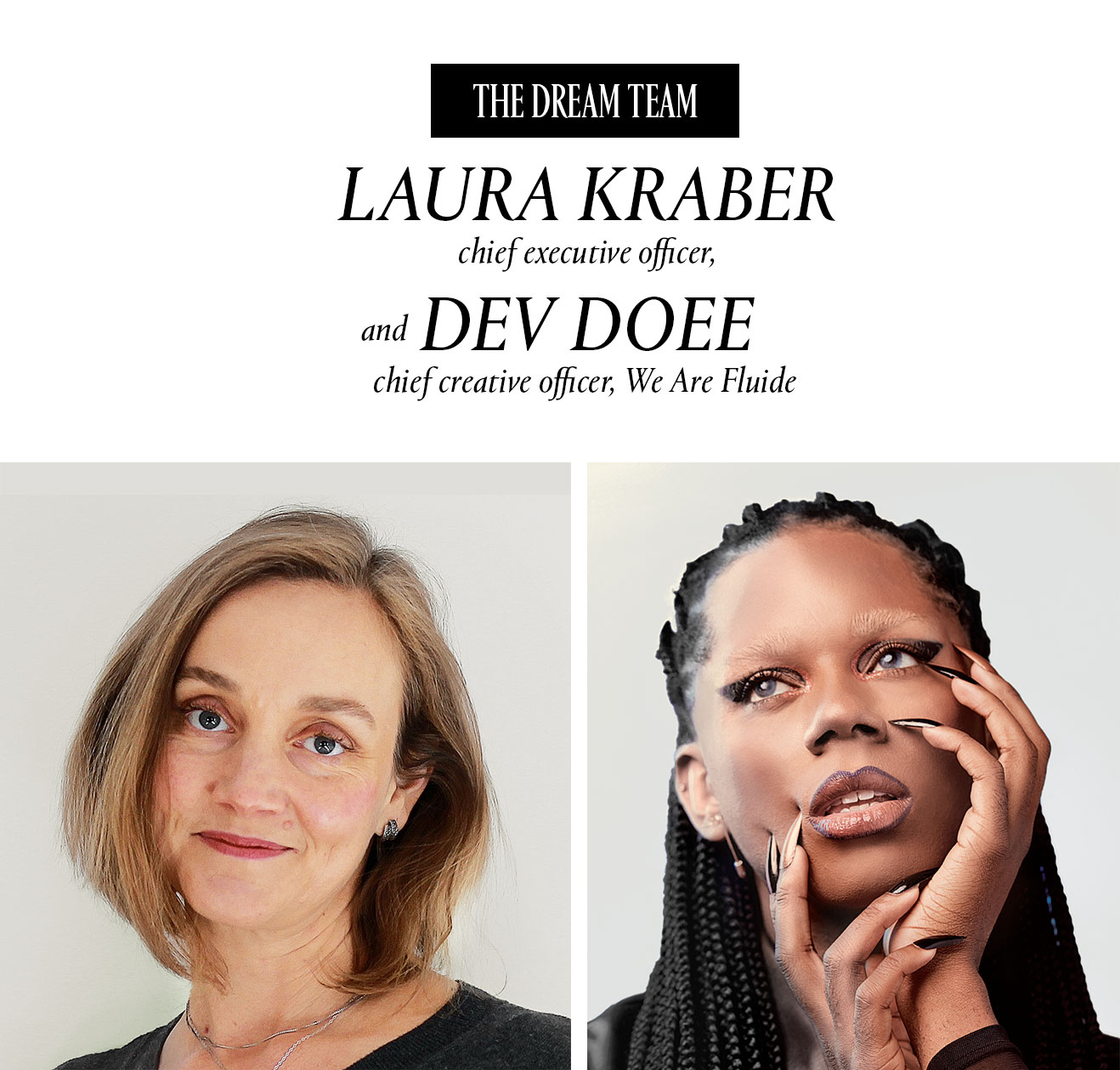
“The vision for We Are Fluide has always been about inclusive representation and celebrating the beauty and lifestyles of people who were vastly under-represented in the industry,” says Kraber, who has a background in communication and marketing, and, as a mother, was inspired to create a brand that all children could feel seen in. “Our goal is to evolve the mainstream [concept] of ‘beauty,’ while creating a space for people to express themselves authentically.”
The non-gendered, cruelty-free, vegan makeup company donates a portion of sales to organizations that support the LGBTQ+ community, and takes its product names from safe queer spaces around the world, like the Liquid Lipstick ($16), which comes in shades including “Poodle Beach” and “Dalston Superstore.” Kraber and Doee partnered up when Doee cold-emailed the company after being struck by a We Are Fluide campaign image featuring an Asian boy and a trans woman wearing makeup. “It eventually turned into a consulting role. And then, next thing you know, I’m the chief creative officer,” Doee explains.
Their advice for brands trying to embrace inclusivity? “As a transfeminine person myself, I come from these marginalized communities and I know how painful it feels not to feel seen in the glamorous world of beauty. It is so important that you hire, uplift, and protect members of the marginalized communities you want to reach,” says Doee.
This story appears in the May 2022 issue of Marie Claire.
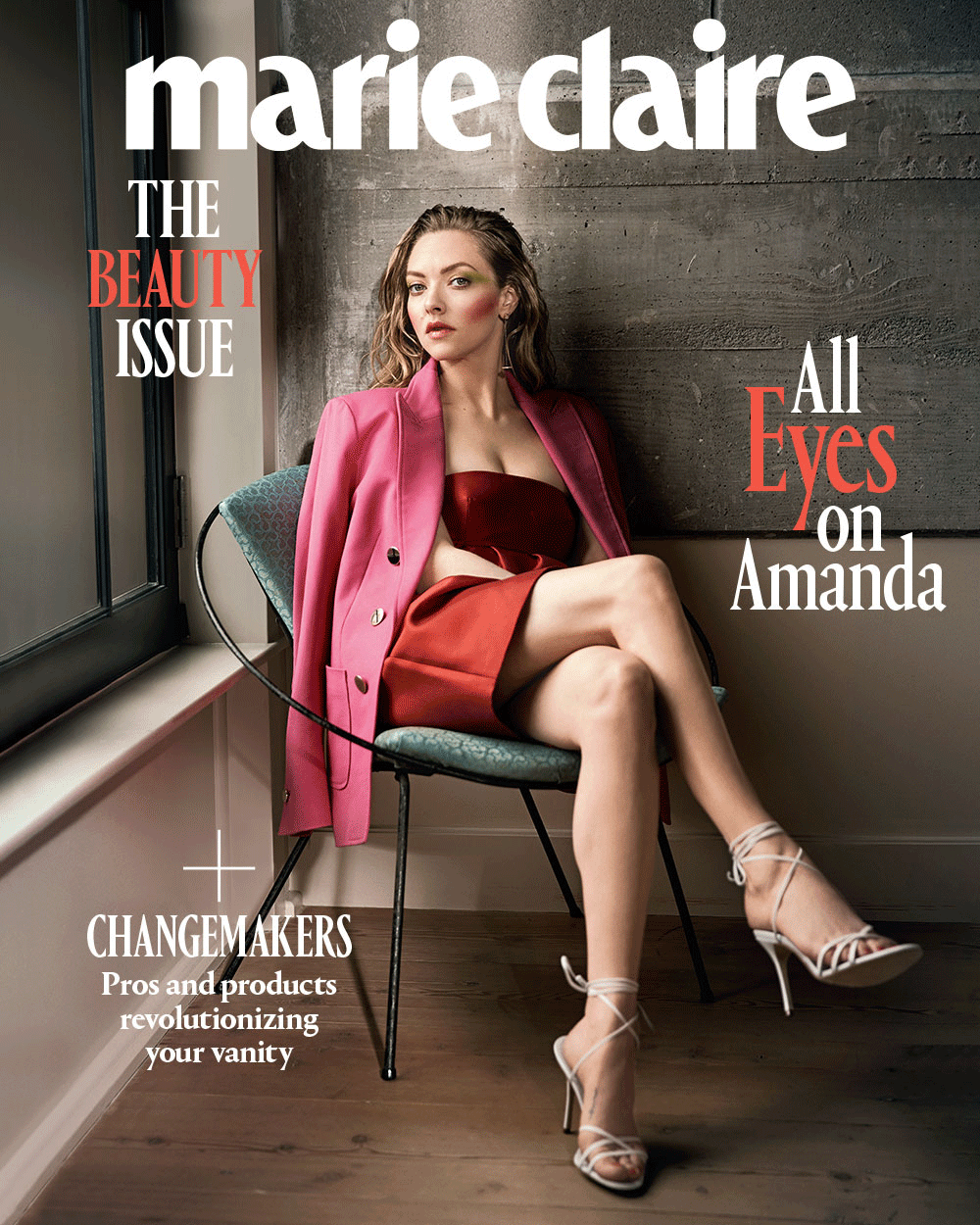
Click above to read the full issue.
Erin Flaherty is a beauty journalist and consultant who has contributed to numerous publications including the Wall Street Journal and Domino, among many others. She is a board member of the Women's Global Empowerment Fund and especially passionate about worldwide beauty anthropology and women's issues. She lives in Woodstock, NY with her husband and dog.
